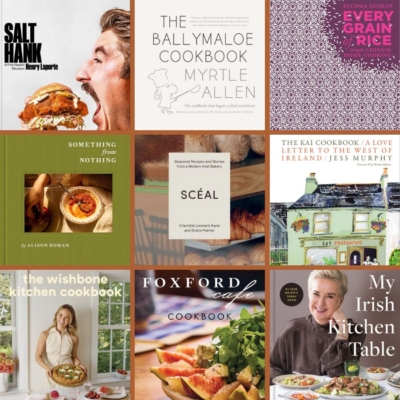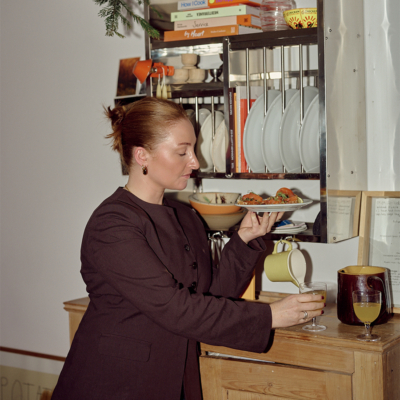We all go through challenging times, and there’s no doubt that authentic connection with others can help us through such times. This means not only us being able to reach out to others for help and support, but also others being able to reach out to us. So how can we go beyond our own issues and concerns – to be a good friend for those we love and care about? Sarah Crosby, humanistic integrative psychotherapist shares her insights.
An integral part of any relationship is the willingness and ability to support one another, even through hard times. It’s so important to know that we can trust and rely on one other. There’s nothing wrong with needing others; we’ve always lived in communities and relied on each other for survival. Healthy support involves mutual give and take – where all people in the relationship give and receive support, encouragement and practical help in more or less equal measure. However, healthy relationships also acknowledge that there will be times when imbalance is inevitable. This is especially true when one of the people is in pain, struggling or experiencing hardship.
The crucial thing is that we ensure that such imbalance is only ever temporary. Otherwise, there can come a point when the support we offer becomes less healthy, potentially even entering into territory known in the world of therapy as “co-dependency”. Co-dependency describes any relationship in which one person’s identity, self-worth and self-esteem comes from the presence and approval of another person. It is typically a trauma response to emotional neglect in early childhood or living in a household where there was some form of addiction. Co-dependency occurs when we inadvertently start to define our role in a relationship through how much help we give to the other. In co-dependency, the care we give to the other is what gives our life meaning and purpose. Without it, we’re unsure of who we are. ‘If you’re happy, I’m happy’ is the battle cry of co-dependency.
Offering healthy support is great but if you find yourself being the ‘therapist’ or wise monk to others with little or no reciprocity, or you find that you’re consistently overextending yourself to be there for someone to the detriment of your own needs, you can start addressing this by establishing firmer boundaries, communicating your concerns to someone you trust and/or seeking out a co-dependency support group.
Recognising the difference between healthy support and co-dependency can be difficult, especially if we have never experienced a healthy interdependent relationship before. If your loved one is willing to engage in conversation, it’s worth noting that there are certain phrases we may fall into saying out of frustration or misplaced love that can have a negative impact on the person we’re trying to offer love and care to, however well intentioned we might be.
Try and avoid statements like:
* ‘Things aren’t so bad.’
* ‘Things could be much worse.’
* ‘You wouldn’t be experiencing this if God thought you couldn’t handle it.’
* ‘[Person’s Name] has it worse than you do.’
* ‘You don’t look anxious/depressed.’
* ‘Life isn’t fair, is it?’
* ‘It’s just in your head.’
* ‘Snap out of it/Get over it/Move on.’
* ‘It’s probably really hard to see any good in this situation right now.’
* ‘There doesn’t always have to be a silver lining.’
When someone we care for is struggling or in pain, it’s all too easy to try to tell them our answers in an attempt to save and rescue them. Although this might make us feel lighter, it can lead to the other person feeling isolated (‘My problem is burdening them. It’s probably better if I don’t mention it again’); feeling inadequate (‘They don’t think I’m able to manage this by myself’); and/or experiencing more emotional pain. When we aren’t in a great place, time and again what we need, more often than not, is someone who will simply listen. We don’t want someone who is ‘insisting’ on ‘fixing’ us; we just want to know that you care. This is what will ‘assist’ us. Offering care, or ‘assisting’ someone, can be as straightforward as repeating what your friend said back to them – to help them get clarity. It can be as ordinary as asking questions, without attempting to sway them from their own decisions. It can be an invite to the cinema, a walk or a coffee, even when we’re fairly sure the offer will be turned down. So just see what feels right in the moment.
If it ever feels as though advice might be necessary, check with the person first to see if they’re open to hearing it. If they are, offer it gently, without hope or agenda. Be patient.
We don’t need to know the full story in order to offer our support. Just being there can be helpful for someone who may want to open up at a later point.
Naturally, there are situations where we intuitively know that it is in the best interest of our loved one (and maybe also others) that we speak up, especially when it concerns the physical and emotional safety of others. Listen to your gut and exercise discernment. Sometimes our support as friends just won’t be enough. If someone close to you continues to struggle after weeks or months, don’t be afraid to encourage them to seek direct help from a mental health professional. You could offer to help them find a provider, if needed. And, if there are difficult decisions to be made, you could offer to talk through the options with them.
From Five Minute Therapy by Sarah Crosby, €14.99, Hutchinson @themindgeek
LOVETHEGLOSS.IE?
Sign up to our MAILING LIST now for a roundup of the latest fashion, beauty, interiors and entertaining news from THE GLOSS MAGAZINE’s daily dispatches.















